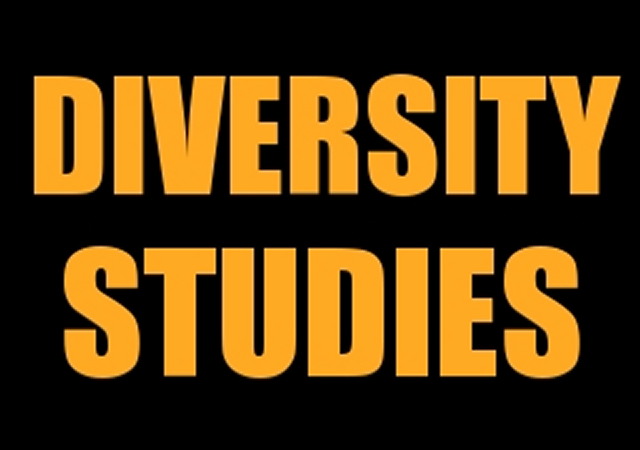Firms Handling Assets of Wealthiest Universities Reportedly Lack Diversity
“Duke University, which fully participated by sharing its asset management rosters with researchers, has 32.1 percent of assets in the hands of diverse firms.”

Diversity is so important in higher education that even the money managers with no other connection to the school must reflect the progressive view.
Inside Higher Ed reports:
Higher Ed Asset Management Lacks Diversity
How diverse are the asset management firms managing the endowments of the 50 wealthiest U.S. colleges and universities? That’s a question the Knight Foundation set out to answer—but one that remains unclear, since 34 of the 50 wealthiest institutions aren’t willing to talk about it.
The research, which looks at the top 25 public and top 25 private universities, provides an incomplete picture, given the underwhelming participation of institutions. Four colleges self-reported data, leaving only 12 universities that provided asset manager rosters to the researchers.
But if an answer can be pulled from the limited data: their asset management firms are not very diverse at all.
The study, released Thursday as an interim report due to the lack of comprehensive data available, was a joint effort by the Knight Foundation and the New York University Stern Center for Business and Human Rights. It relied on research conducted by Global Economics Group, a business management consultancy.
Unpacking the Study
Among the 16 universities that participated either partially or fully, there are significant differences in diversity. According to Stanford University, which self-reported data, 38 percent of its assets are under management with diverse firms—the highest reported figure of any institution in the study.
Duke University, which fully participated by sharing its asset management rosters with researchers, has 32.1 percent of assets in the hands of diverse firms.
On the opposite end of the spectrum, diverse-owned firms manage 6.6 percent of Rutgers University’s assets and 10.3 percent of Michigan State’s.
 DONATE
DONATE
Donations tax deductible
to the full extent allowed by law.








Comments
Diversity is virtue signaling.
We’re talking BUSINESS here.
Dollar signs. Assets. Bottom line.
I just love how they toss out a number but then give absolutely no reason for what the number even means. How about, institutions with lower diversity scores showed a higher percentage return on their investments.
It’s like everything else…
“Out of nearly 600 ethically-focused funds, only 38 have made a positive return in 2022’s opening quarter, data from FE Analytics shows.”
Charting ESGV, EGIS, and DOWI over the past year, Vanguard’s ESG (socially pure) offering is down far worse than the Dow, while the Second Amendment Fund (as socially impure as you can get) is down far less.
Virtue-signaling is cheap, until you put your money where your mouth is.
Deacon Brown’s Superstar Asset Management Crew, Incorporated.
You can pay us now, or you can pay us later.
I guess that’s the 32.1% that Duke assigns to tracking the S&P 500 i.e. little or no discretionary decision making with that part of the portfolio.
I was surprised Duke had such a high percentage. As others noted, after all this is what really counts. I bet other schools that didn’t participate in the study had lower percentages.
The article assumes that the beneficiaries are indifferent to financial performance. However, 1) the donor of endowment accounts care very deeply and assumes that the college will try to maximize performance. 2) in many cases, donations are deferred giving arrangements where the donor receives a life annuity or a “unit trust” which directly pays out a designated share of endowment funds in exchange for the initial gift. Think of some university endowments as a giant insurance company that holds the retirement accounts of some of the alumni who have signed up.
I want to avoid evil in society, but I also want my retirement funds to be invested to maximize my benefits. Nobody can make that trade-off decision except for the donor.